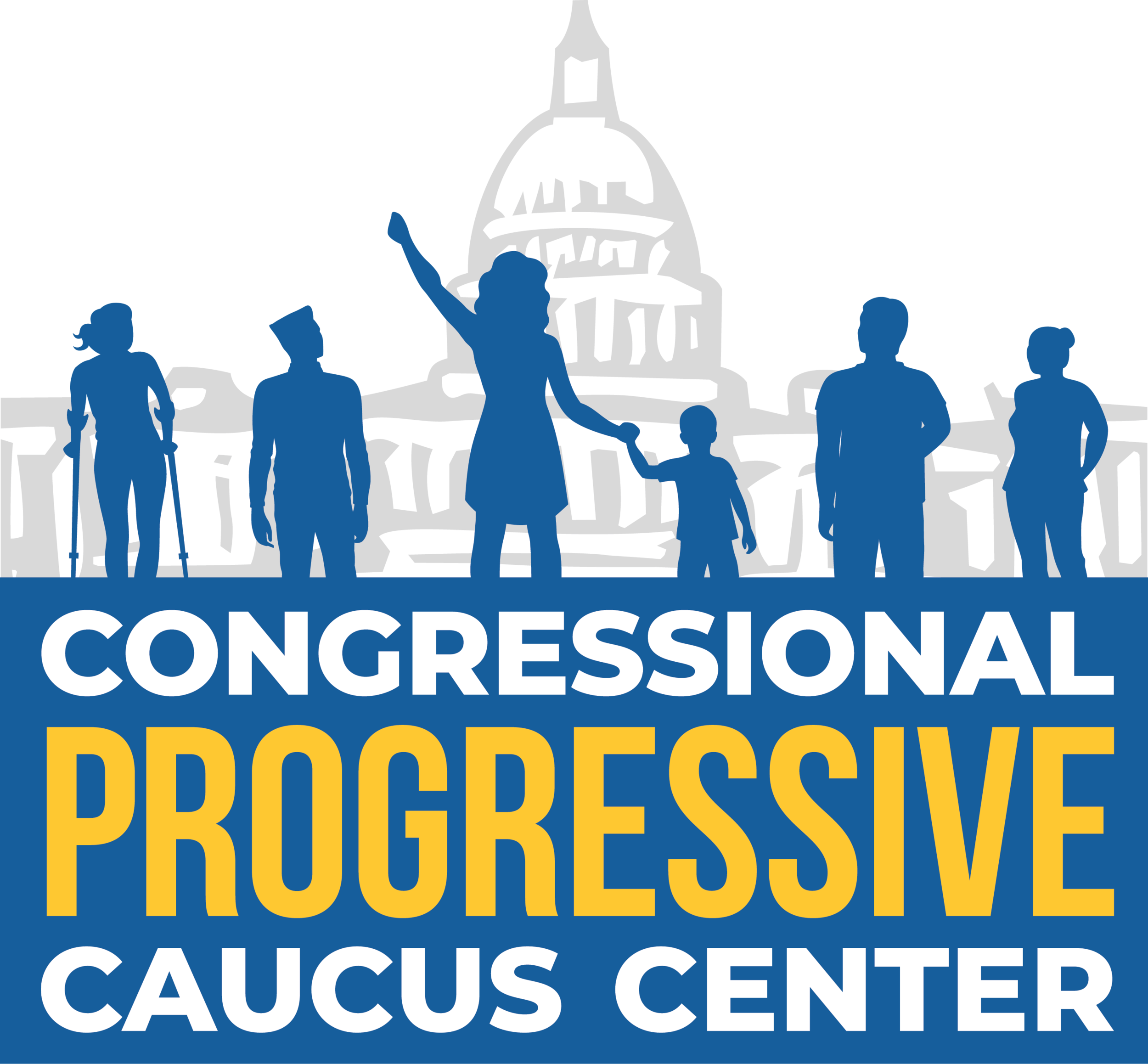May 30, 2024: Expectation vs. Reality: House Votes on Appropriations Bills
Last week, House Majority Leader Steve Scalise previewed his proposed—and ambitious—schedule for the House to vote on Fiscal Year (FY) 2025 appropriations bills. Below, we run through that timeline and how it stacks up against reality.
Expectation vs. Reality
Scalise’s schedule has the House completing its work on all 12 spending bills before August recess. The House calendar alone makes this a tight turnaround, considering weeklong recesses for Juneteenth, July 4, and the GOP convention.
That timeline looks even more far-fetched, though, when you consider this Congress’ track record, detailed in Table A below. Last year, four spending bills did not go to the floor at all, while another did come before the House, only for the chamber to reject it. The House passed just one appropriations bill before last year’s August recess—the deadline Scalise has set to finish all 12.
Table A: Comparing House Republicans’ Floor Schedule for FY2025 Appropriations Bills and House Votes on Standalone FY2024 Appropriations Bills
Sources: Appropriations Status Table: FY2024 (Congressional Research Service).
Will this year be different?
There are a couple key differences between this year and last—but they don’t necessarily bode well for Scalise’s timeline.
First, embattled former Speaker Kevin McCarthy won’t be presiding over a large chunk of the process, as he did last year. That said, Speaker Mike Johnson could similarly have trouble convincing Republicans to support GOP-crafted spending bills after recent contentious votes.
Second, this is an election year. On one hand, the GOP majority could be eager to approve FY2025 spending bills without fanfare and demonstrate their ability to govern. On the other hand, moderate Republicans could be more wary of taking votes on abortion, cutting food assistance for moms and babies, and other issues that held up past spending bills and could prove unpopular with constituents.
Reporting suggests GOP leaders might try to sidestep battles around far-right policy riders to avoid those tough votes. However, the Republican majority remains extremely narrow (four seats), and far-right House members may insist on extreme riders in exchange for their support. Indeed, such riders have already popped up in the GOP’s newly-released bills: see, for example, further abortion restrictions in the Military Construction-VA bill.
The upshot: a lot can change between now and August recess. But, if history is any indication, we aren’t likely to see FY2025 appropriations bills pass the House in line with the timeline above—if they pass at all.
We’ll continue to share updates on this process. Folks can find our previous updates and sign up for future ones here. We appreciate your helping spread the word about our Unrig the Rules program to keep stakeholders informed about what’s going on in Congress and what it means.


